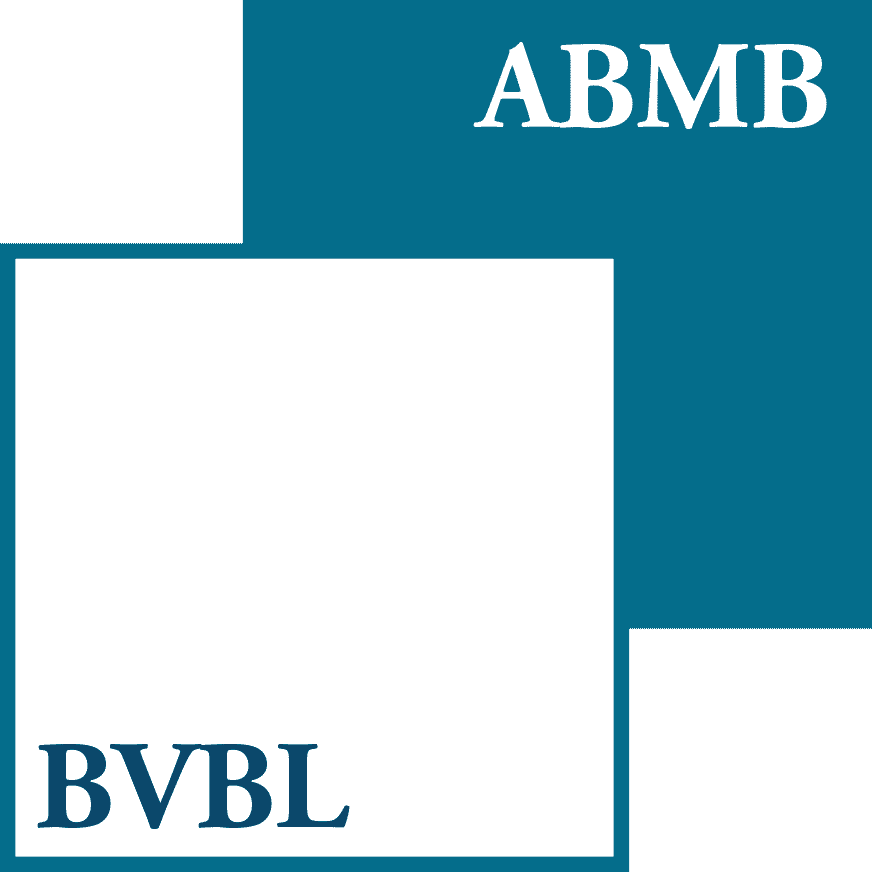Our role
- Protection fund for deposits and financial instruments
- Ombudsfin
- Participation in the governance of Febelfin
Protection fund for deposits and financial instruments
Depositors’ assets with their financial institutions enjoy a very high level of protection. One of the measures is the repayment guarantee for deposits when an institution defaults. This guarantee for private individuals, associations as well as small and medium-sized enterprises was increased in 2008 from EUR 20,000 to EUR 100,000.
The guarantee system also applies in the event of a possible loss of securities in an account with a financial institution. The amount of that cover was maintained at EUR 20,000. There are other protective measures for those securities, including the direct right of return for clients, so that the securities are excluded from the estate of a bankruptcy.
The Act of 22 April 2016 transposing Directive 2014/49/EU on deposit guarantee schemes and containing various provisions put an end to the mission of the Protection Fund for Deposits and Financial Instruments (hereinafter the ‘Protection Fund’) in the field of organization and the administration of the Belgian deposit guarantee scheme. Deposit protection is now exclusively regulated by the Guarantee Fund for financial services. For the time being, the Protection Fund remains the designated institution for the organization and management of the protection scheme for financial instruments in accordance with Directive 97/9/EC on investor-compensation schemes. This website therefore only contains information about the protection of financial instruments.
The BASE is responsible for the participation of the stockbroking firms in the Protection Fund for Deposits and Financial Instruments up to the point where the remaining assets are fully distributed.
Ombudsfin
Ombudsfin is competent for the out-of-court settlement of consumer disputes in financial matters.
Ombudsfin is headed by the Ombudsman, an impartial mediator who tries to resolve a dispute between a client and his bank, a stockbroking firm, an asset manager, an investment adviser or a credit company.
The Ombudsman issues a non-binding opinion on the case submitted. If the client does not agree with the content of the advice, he retains all rights to seek redress in court.
Ombudsfin is competent for certain complaints from companies.
The BASE is responsible for the participation of the stockbroking firms in Ombudsfin.
The College of Mediation
The Mediation College’s mission is to deal with the most complex complaints or complaints that raise questions of principle. The College is made up of equal numbers of experts appointed by business and financial sector federations. The Chair and the Vice-Chair are independent experts.
Participation in the governance of Febelfin
Since 2003, the BASE has been a constituent sub-association of Febelfin.
At the level of external governance, the BASE benefits from special representation on the Febelfin Board of Directors.
As for internal governance, Febelfin’s day-to-day activities are divided among the Business & Support Lines, each with their own responsibilities. The BASE is therefore represented on various committees.




